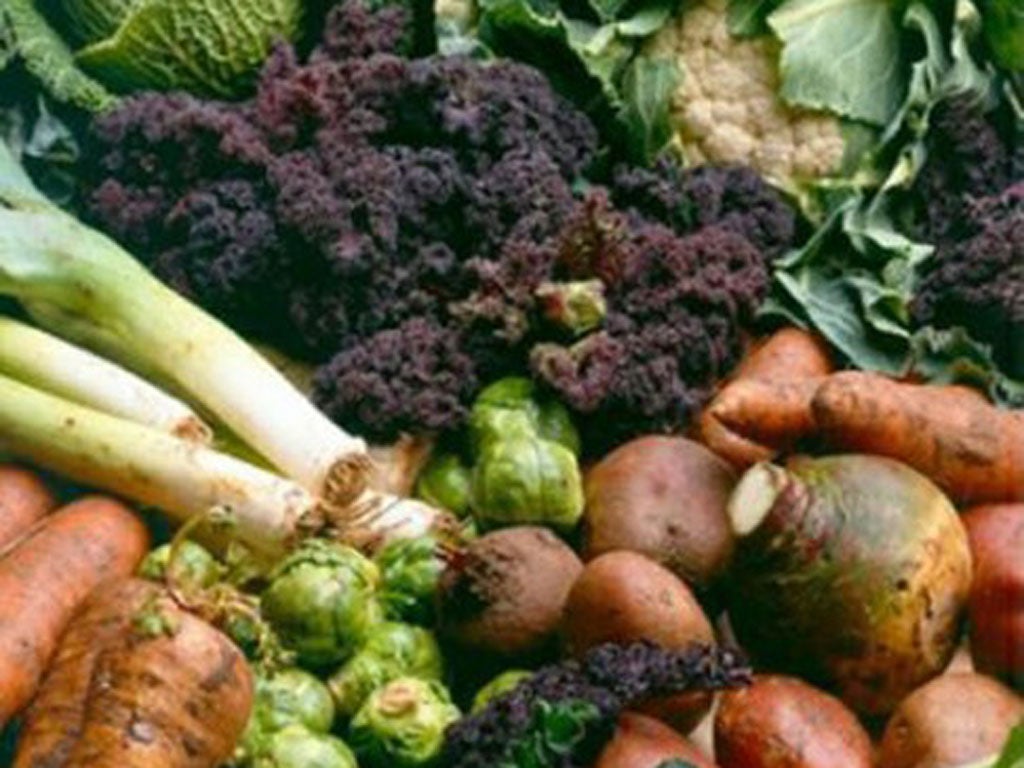Organic farming hits the skids as recession-hit consumers desert the sector

Your support helps us to tell the story
From reproductive rights to climate change to Big Tech, The Independent is on the ground when the story is developing. Whether it's investigating the financials of Elon Musk's pro-Trump PAC or producing our latest documentary, 'The A Word', which shines a light on the American women fighting for reproductive rights, we know how important it is to parse out the facts from the messaging.
At such a critical moment in US history, we need reporters on the ground. Your donation allows us to keep sending journalists to speak to both sides of the story.
The Independent is trusted by Americans across the entire political spectrum. And unlike many other quality news outlets, we choose not to lock Americans out of our reporting and analysis with paywalls. We believe quality journalism should be available to everyone, paid for by those who can afford it.
Your support makes all the difference.Organic farming fell to its lowest level on record last year, as struggling consumers continued to desert a sector that had been booming until the financial crisis set in.
Farmers dramatically reduced the amount of land they set aside for organic crops and livestock last year to 605,329 hectares, the smallest area since records began in 2002, according to new figures from the Department for Environment, Food and Rural Affairs.
The area is almost a fifth less than at the height of the organic boom in 2008, when sales hit £2.1bn, and the decline continues a trend that looks set to accelerate in the coming years.
The pattern is set to speed up because the amount of farm land being converted for organic use dived last year to just 32, 223 hectares, its lowest level in at least a decade. This is just one sixth of the level of land “in conversion” in 2002, when farmers were scrambling to avail of government grants and subsidies that would allow them to take advantage of the anticipated boom in organic crops and livestock.
The amount of organic land being converted – a process that takes two to three years to ensure all the system is entirely decontaminated – is a key indicator of the total area that will be given over to crops and livestock in the coming years. A flow of new organic land is essential to offset losses elsewhere as farmers increasingly follow the lead of consumers’ and desert the sector.
Sales of organic food and drink soared before the recession, well over doubling from just over £800m in 2000 to £2.1bn in 2008. But they have fallen steadily since, to £1.64bn in 2012 – nearly a quarter below its 2008 peak, according to the Soil Association.
However, industry watchers say the horsemeat scandal has given the industry some cause for hope.
Figures released last month by the retail research Kantar Worldpanel showed that organic sales through supermarkets increased for the first time since this year – although by only 1.6 per cent – as the horsemeat scandal made people think slightly more carefully about the provenance of their food.
Join our commenting forum
Join thought-provoking conversations, follow other Independent readers and see their replies
Comments